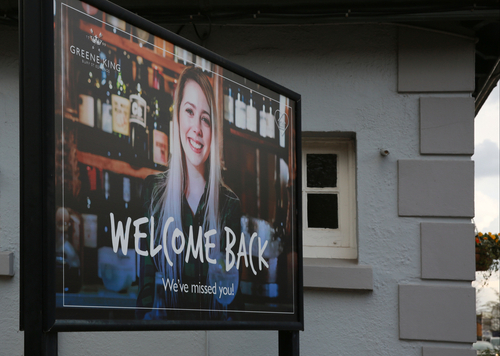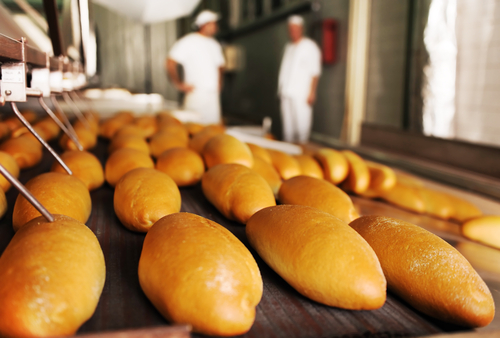UK Hospitality Conference Has Positive Atmosphere

UK Hospitality Conference: Challenges remain but sector is ready to build back better and stronger
A stellar line up of business leaders, industry experts and policymakers joined operators and suppliers from across the sector at the UK Hospitality annual conference yesterday to discuss and share insights on the opportunities and challenges that lay ahead after the huge impact of the pandemic.
Under the theme ‘Recovery & Beyond’, delegates heard from keynote speaker Hospitality Minister Paul Scully MP, as well as Ian King, host of the eponymous daily business programme on Sky News; Karl Chessell, Director at CGA; Alex Robinson, Senior Manager at STR; and a panel of sector leaders made up of Karin Sheppard, SVP & Managing Director Europe, IHG; Nick Mackenzie, CEO Greene King, Robin Mills MD Compass Group and Steve Richards, CEO Parkdean Resorts and Chair of UKHospitality.
UK Hospitality chief executive Kate Nicholls welcomed delegates and called for additional Government support to help safeguard the sector’s recovery and rebuild resilience in the form of a permanently lower VAT for hospitality and tourism.
Paul Scully MP, Minister for Consumer Affairs, SMEs, Labour Markets and London, promised that the Government will continue to listen and engage with the sector, acknowledging that hospitality’s recovery was critical to underpinning the UK’s wider economic recovery.
He also extolled the recently published Hospitality Strategy as a blueprint for future relationships and dialogue between Government and businesses across all sectors.
Ian King provided an economic overview both globally and for the UK specifically, telling attendees that the economic recovery is ‘different this time’ compared to post-2008 crash with both business and household balance sheets not suffering from the same ‘economic scarring’.
Further insights from CGA and STR highlighted the opportunities available to the sector over the weeks and months ahead, for restaurants and bars a new hybrid model of working from home offered opportunities for premiumisation in suburban locations.
Whereas the hotel market has had an encouraging recovery but there is still are significant amount of work to be done for a full recovery in London.
The panel discussion saw leaders in the industry look ahead with positivity despite grappling with a number of ongoing challenges, including staff shortages and supply disruption.
Kate Nicholls added: “The pandemic has had a devastating impact on our sector. The last 18 months have seen hospitality lose over two thirds of its normal revenue, 10% of its businesses and headcount fall by almost 30%. But it is also true that the situation could have been so much worse and the team at UKHospitality has worked tirelessly, 24/7, to secure the support the sector needed from Government. We know it has not been enough to offset the losses but it has undoubtedly saved jobs and livelihoods. Crucially, that support and engagement is continuing beyond reopening and into recovery as we have measures to rebuild resilience.
“We will aim to consolidate the profile the crisis has given the sector as a critical part of the UK economy and the perception of the role we can play as a vital partner with Government to deliver on the broader agenda needed to help UK Plc recover, build back better and stronger. With the right support we can get back to doing what we do best – bringing life, light and heart back to our communities – and return to our decade long record of investment and job creation.”
The original version of this article was first published on Boutique Hotelier
We are a hospitality and catering recruitment company. We can support you to find a new role or the staff you need to grow your business.

